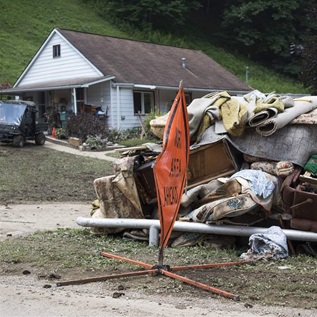The Pew-MacArthur Results First Initiative in Vermont
Editor's note: This page was updated in April 2019 to note the conclusion of the state’s work with Results First and in November 2017 to reflect recent activity in the state.
Background
In November 2011, Vermont Senate President Pro Tempore John Campbell and House Speaker Shap Smith submitted a letter inviting the Pew-MacArthur Results First Initiative to formally partner with the state to implement the Results First approach. The Legislature committed to undertaking a pilot project with the Results First tools in 2012 and designated the Legislative Joint Fiscal Office to lead the implementation effort.
In 2013, reaffirming the state’s commitment to using evidence in decision-making, the Legislature approved Act 61, which created a multi-agency Criminal Justice Consensus Cost-Benefit Working Group tasked with developing a criminal and juvenile justice cost-benefit model to allow policymakers to weigh the pros and cons of various programs. The working group—convened by the Crime Research Group, a nonprofit research organization—consisted of criminal justice agency leaders and stakeholders who developed and finalized the Vermont Results First model.
Implementation
The Legislative Joint Fiscal Office houses the Vermont Results First model with ongoing technical support from the Crime Research Group. The office has developed a comprehensive inventory of state-funded prison and community-based interventions.
Findings
In April 2014, the working group released its final report detailing the process to build the Vermont Results First model and conduct cost-benefit analysis on the Bennington County Integrated Domestic Violence Docket Project. The analysis found that the program is cost beneficial: Every dollar produces almost $2 in benefits. The working group concluded the report by recommending that the state continue to implement the Results First approach in adult criminal justice and that it use the data to focus on reducing crimes that incur the highest costs. In March 2016, the Crime Research Group released two additional reports, which included an update to its model analysis on adult criminal justice programs and a comprehensive program inventory of community- and prison-based interventions.






